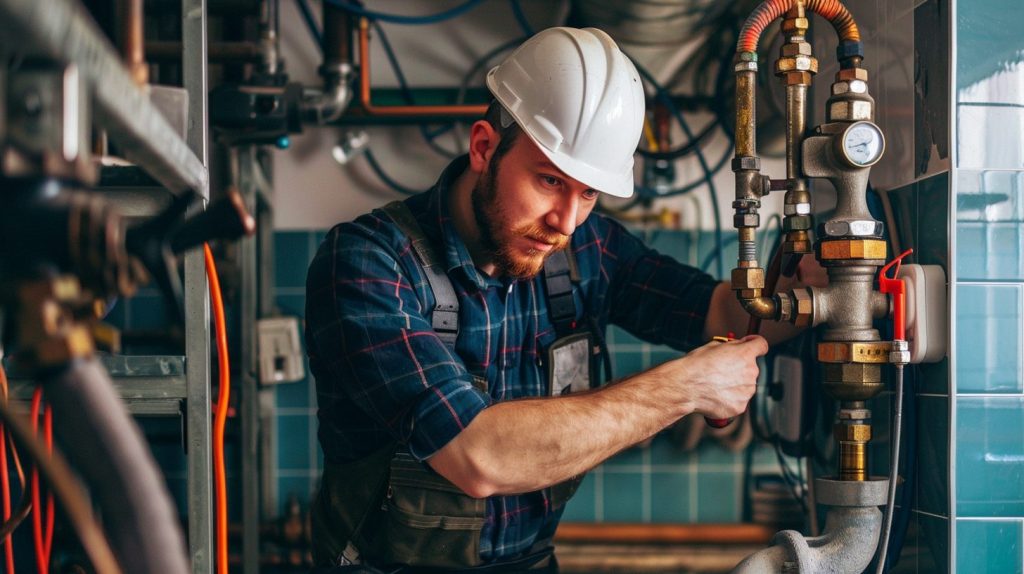The Essential Role of a Plumber in End of Tenancy Processes
As a tenant, the end of your tenancy marks a significant transition, whether you’re moving to a new home or renegotiating your lease. Amidst the hustle of packing boxes and coordinating logistics, one crucial aspect often overlooked is the involvement of a plumber. While it may not be the first thing that comes to mind when preparing to vacate a property, enlisting the services of a plumber can streamline the end of tenancy process and ensure a smooth transition for both tenants and landlords. Let’s explore the essential role of a plumber in end of tenancy procedures:
1. Plumbing Inspections and Repairs
Before handing over the keys to your rental property, it’s essential to conduct a thorough inspection of the plumbing system. A qualified plumber can assess the condition of pipes, fixtures, and appliances to identify any existing issues or potential problems that may arise in the future. Common plumbing issues such as leaky faucets, clogged drains, or malfunctioning toilets should be addressed promptly to avoid disputes with the landlord and ensure the property is in good condition for the next tenant.
2. Addressing Maintenance and Upkeep
Routine maintenance is key to preserving the integrity of the plumbing system and preventing costly repairs down the line. A plumber can perform maintenance tasks such as flushing water heaters, inspecting sump pumps, and checking for leaks in the plumbing system. By addressing maintenance needs before the end of your tenancy, you can fulfill your responsibilities as a tenant and leave the property in optimal condition for the next occupant.
3. Compliance with Tenancy Agreements
Many tenancy agreements stipulate that tenants are responsible for maintaining the plumbing fixtures and ensuring they are in good working order upon vacating the property. Failure to comply with these provisions can result in deductions from your security deposit or legal disputes with the landlord. By enlisting the services of a plumber to address plumbing issues and document the condition of the plumbing system, you can demonstrate your commitment to fulfilling the terms of your tenancy agreement and avoid potential conflicts with the landlord.
4. Preventing Damage and Liability
Leaving plumbing issues unresolved can lead to water damage, mold growth, and other costly consequences for both tenants and landlords. By proactively addressing plumbing issues before the end of your tenancy, you can mitigate the risk of damage to the property and protect yourself from liability. A plumber can identify hidden leaks, repair faulty fixtures, and ensure that the plumbing system is functioning properly, giving you peace of mind as you prepare to move out.
Partnering with a Plumber for a Seamless Transition
As you navigate the end of your tenancyand understand the Plumber in End of Tenancy Processes, don’t overlook the importance of involving a plumber in the process. From conducting inspections and addressing maintenance needs to ensuring compliance with tenancy agreements and preventing damage to the property, a plumber plays a vital role in facilitating a smooth transition for both tenants and landlords. By partnering with a qualified plumber, you can protect your interests, fulfill your obligations, and leave the property in optimal condition for the next occupant.
